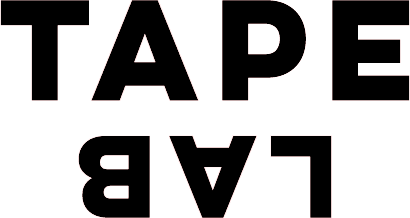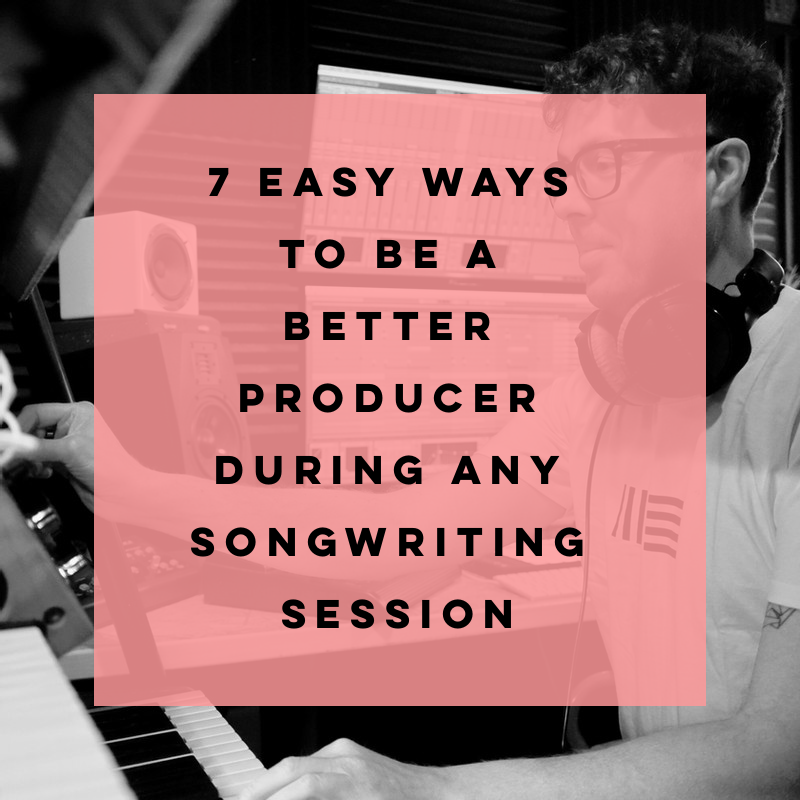The role of a producer has evolved over the years. It is common for a producer to be in the room as a song is being written. In most sessions, the demo is completed at the end of the day. Being efficient and having the ability to keep ideas flowing are essential skills for a producer.
I’ve attended several writing camps as a producer. I was in situations where I needed to be able to get ideas out very quickly, learn how to keep a momentum going and stay productive throughout a session.
I want to share my top 7 tips on how to be creative and in the right ‘state of mind’ during a session. Feel free to apply them if you want to be part of a songwriting camp as a producer or songwriter. They are designed to increase your success rate during writing sessions.
1 – Use session templates
I start every session with a writing template. It contains a drumkit with some basic grooves, my go-to synths, pads, bass, and vocal presets. The key is to find the elements that are your “go-to” and have them set up and ready to go. This saves a lot of time and you don’t need to start from scratch. Things can be tweaked after the session, but this gets you set up quickly. All the tracks should be pre-mixed and ready to go!
2 – Prepare basic loops or bring finished backing tracks and writing briefs from record labels and publishers
As a producer, you can bring basic loops, beats or finished backing tracks. These are good kickstarters for your writing session. Aim for setting a vibe with your loops to get ideas flowing. Or use briefings from publishing companies and record labels to start the day with direction. When things slow down, it’s always good to have ideas in your back pocket to bring back momentum.
3 – You don’t need much gear, just ideas.
You don’t need a fancy studio to write awesome music. My personal setup during a writing session is a pretty basic workstation setup. Just a computer, DAW, audio interface and midi keyboard can take you a long way to great results. It’s all about the ideas, vibe and flow during the session. Your gear is just a tool.
4 – Be ready to record when inspiration strikes.
Before each session I set up all my gear. because most of the time, ideas emerge rapidly. The worst that can happen is that gear gets in the way of the creation process. Make sure you can record ideas right away. Setting up microphones or adjusting equipment can be just enough to get in the way of the magic, so prepare as best you can in advance. You can also use the voice memo recorder in a smartphone to capture ideas on the spot. Or you can record the whole session and edit the best bits later.
5 – Get some coffee and chat first with your co-writers.
Get to know each other. Ask what songs your co-writers listen to, what they’ve released before, and what kind of song they want to get out of the session. Or go through song briefs together and make a mutual decision about what you’re going to write.
6 – It’s about the artist.
In most co-writing situations, you write with a goal. Either the artist is in the session, or you have the goal of pitching a song to an artist. As the producer, it is your job to provide the best possible facilitation of a vision for the client you are working with. Yes, it’s important to express your opinions and visions but also remember that this song is potentially something that the artist has to live with, promote it and have their name on for their entire career. So at the end of the day, it has to align with their vision.
7 – Give Constructive Feedback
Giving positive feedback can help to fine-tune the song.
When offering feedback, avoid being too general. Being vague with your critique doesn’t help your co-writers. Instead, choose specific elements to criticize, like the melody or chord progressions. Your critique is only useful as feedback if you can do something with it. So if you don’t like something, don’t just say, “I don’t like it” and call it a day. Make a specific suggestion on how to make it better! As a producer, it helps to be familiar with songwriting.

